If you were paying attention, we learned (or were reminded) that birds are descendants of dinosaurs. Dinosaurs Can Be Small is an illustrated book that dinosaur kids need. Those hard dinosaur kids, like the younger brother in Mitchell Vs. The Machines, that kid. If your child or students salivate at the thought of reading or having read to them, descriptions of giant lizards who died out so that the smallest of their brethren could survive, this is for you. This illustrated book sets up the smaller, lesser-known versions by introducing their more well-known, larger versions first. The result is a very curious dinosaur book that will entice dino-kids who think they know it all because they saw Jurassic Park for the dinosaur facts, and not the fact that they run amuck.
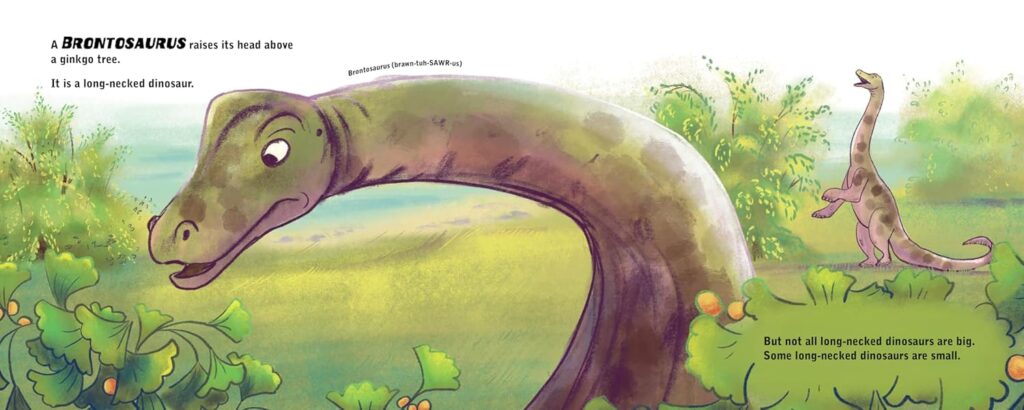
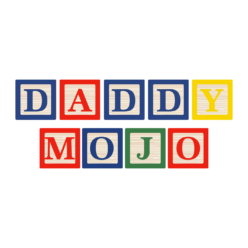
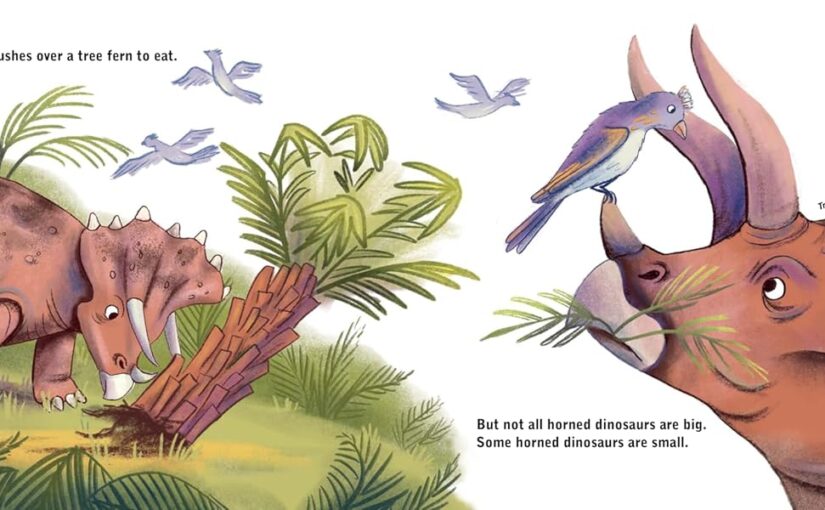
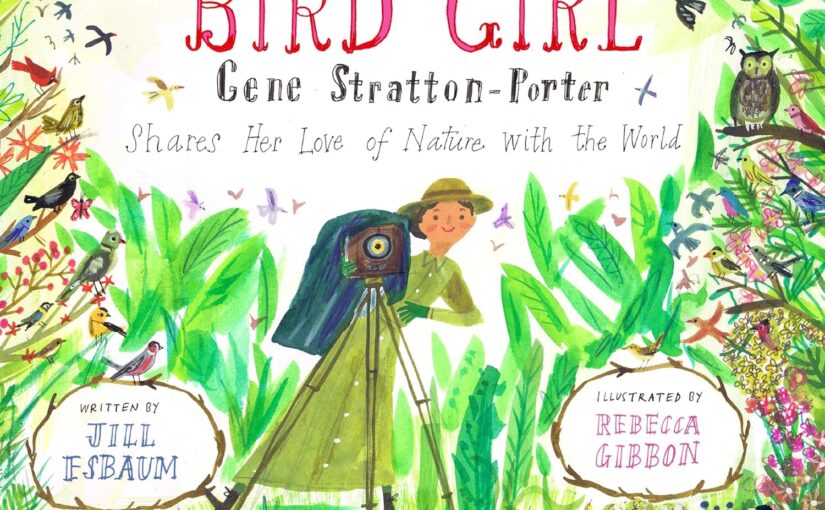
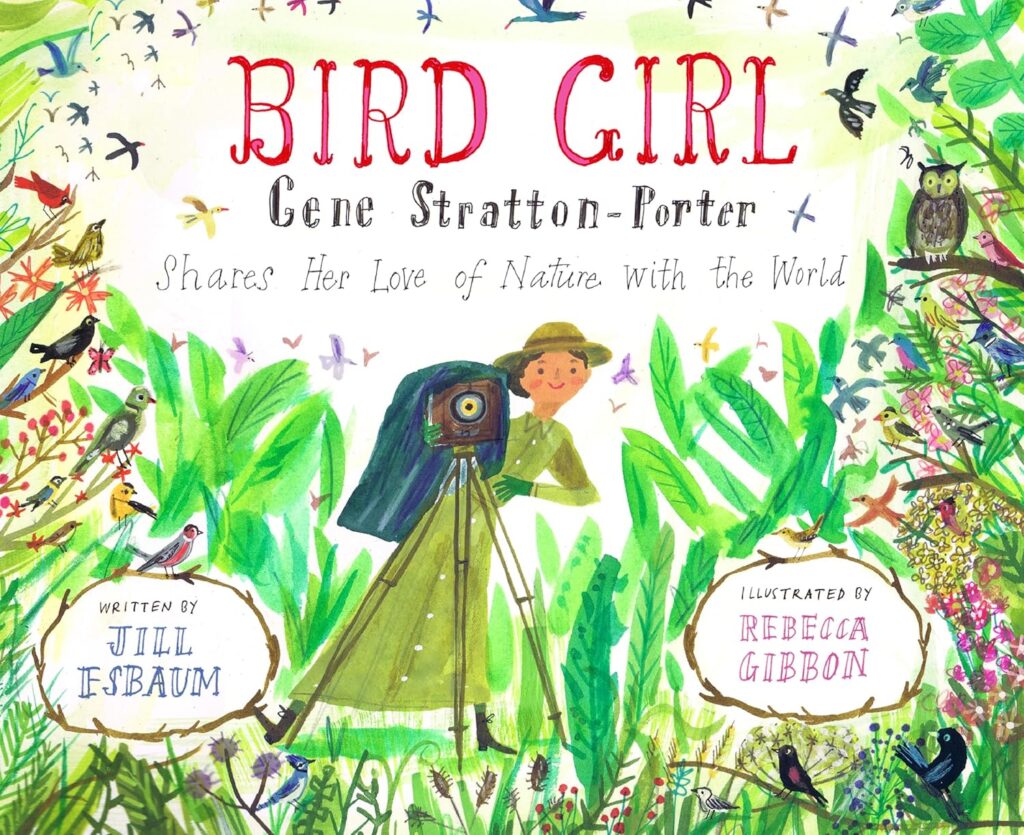
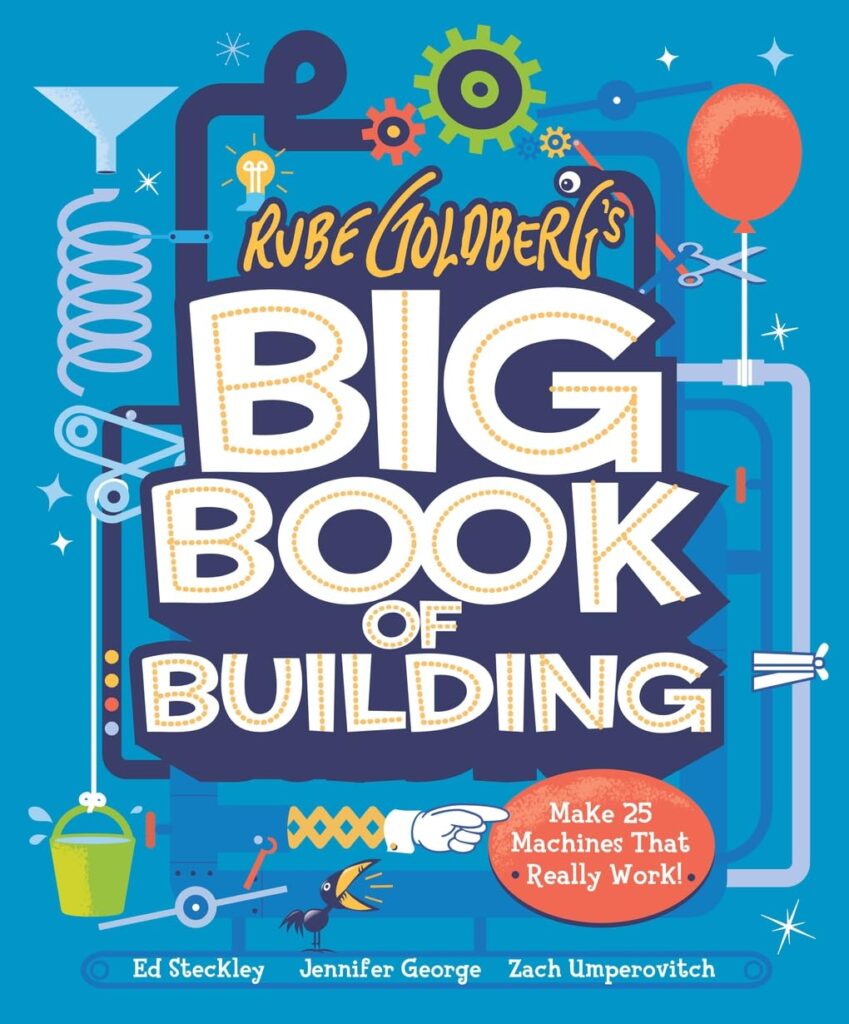
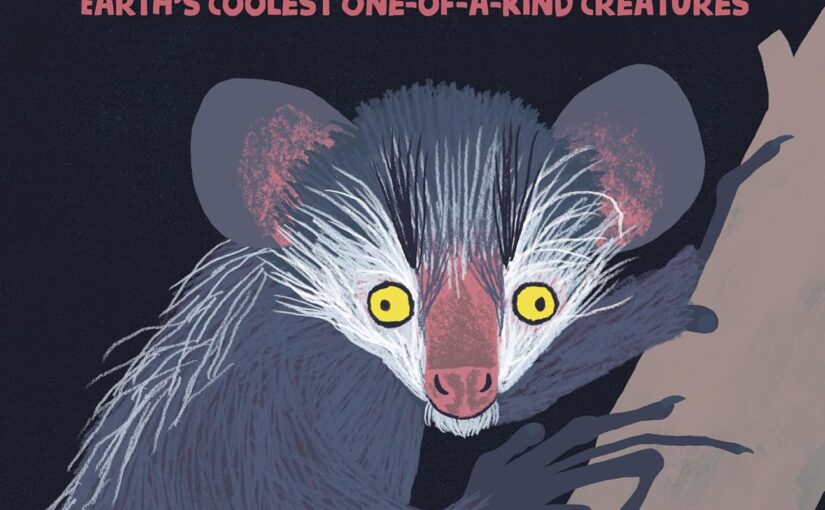
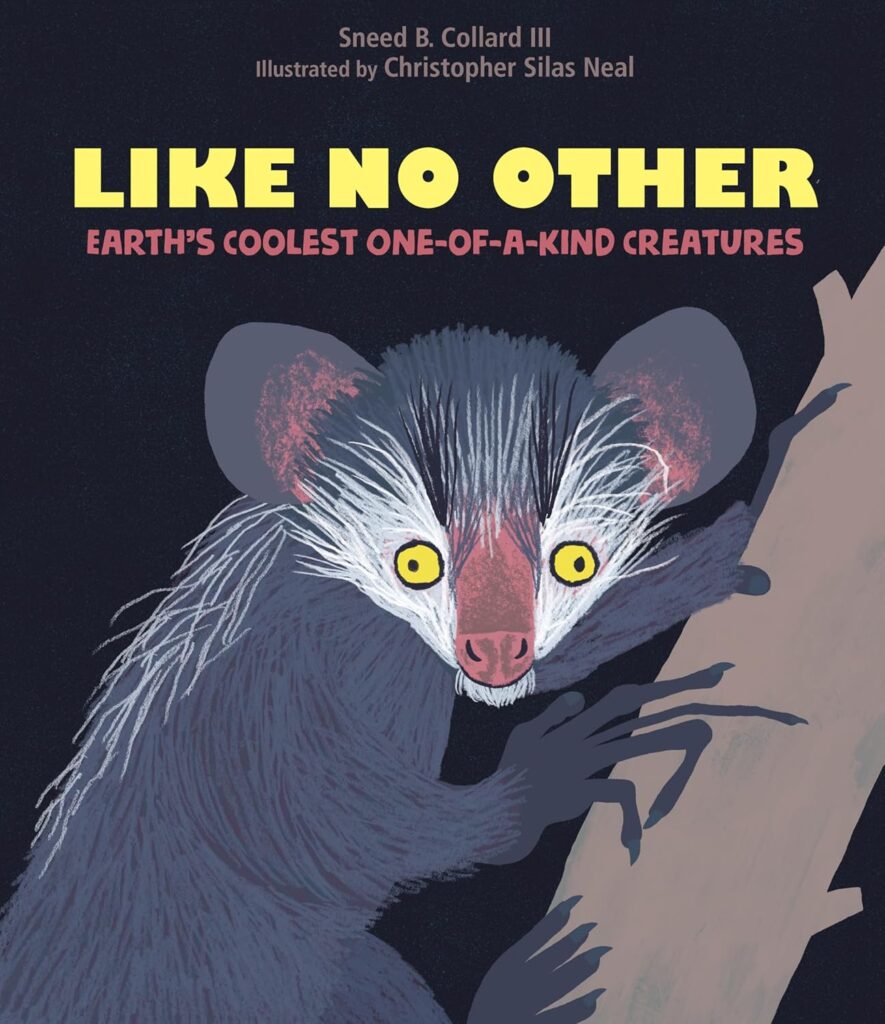
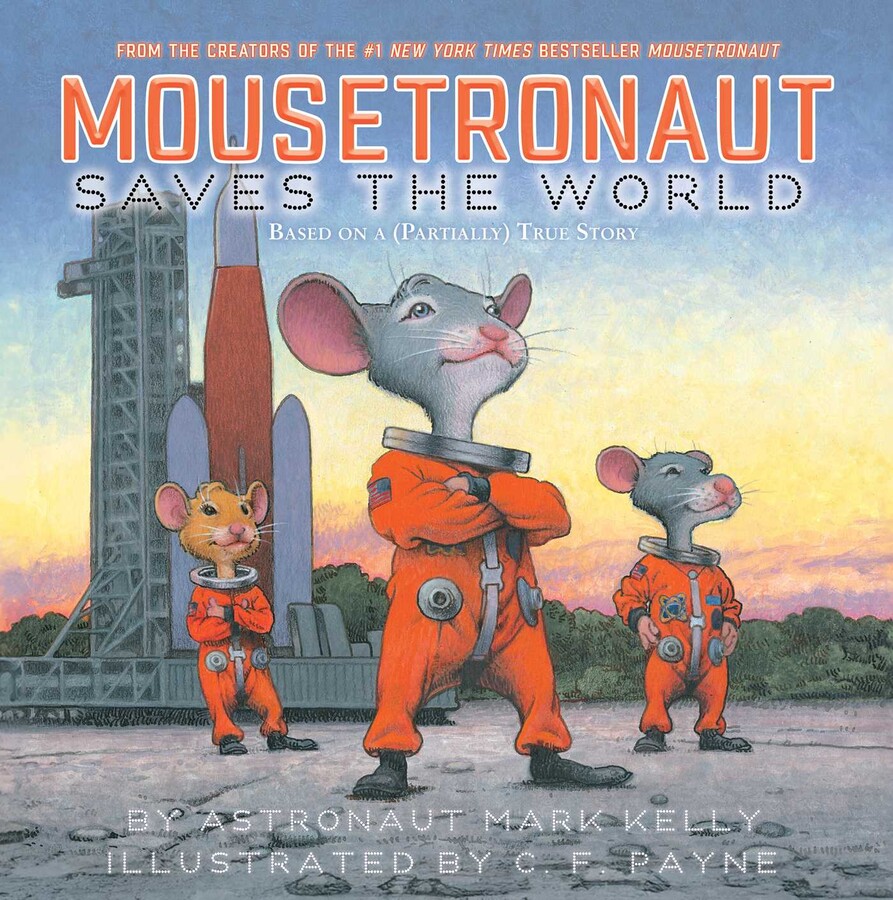

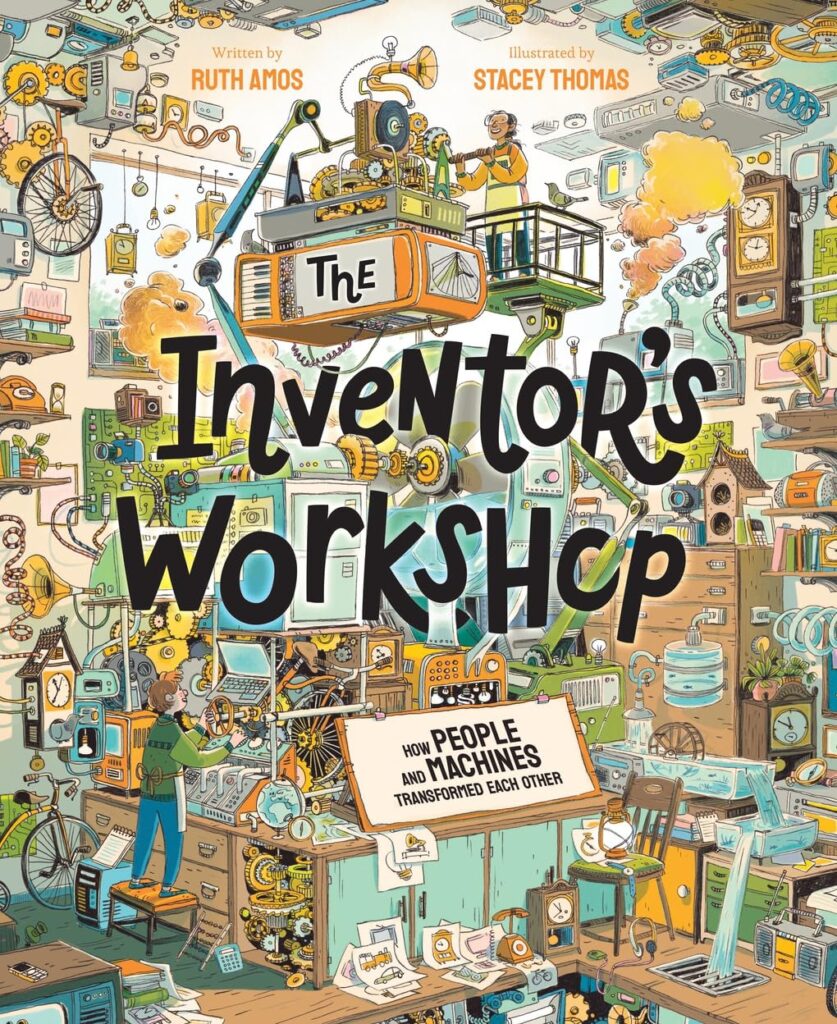
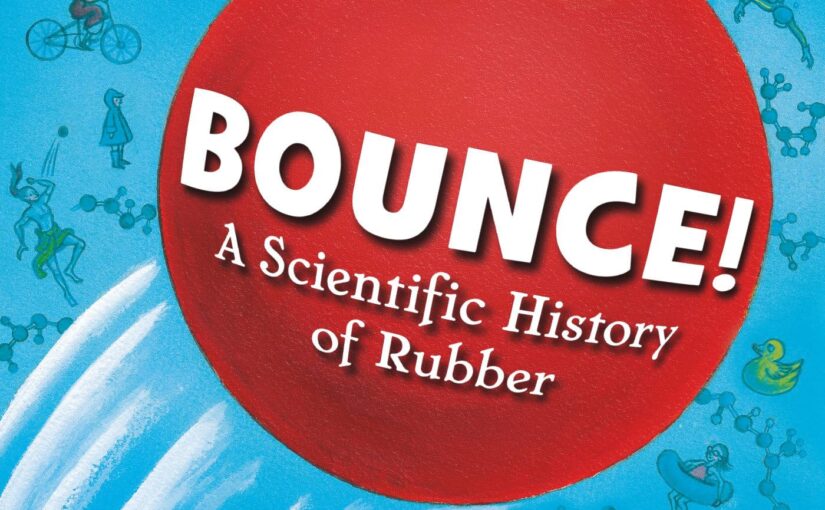
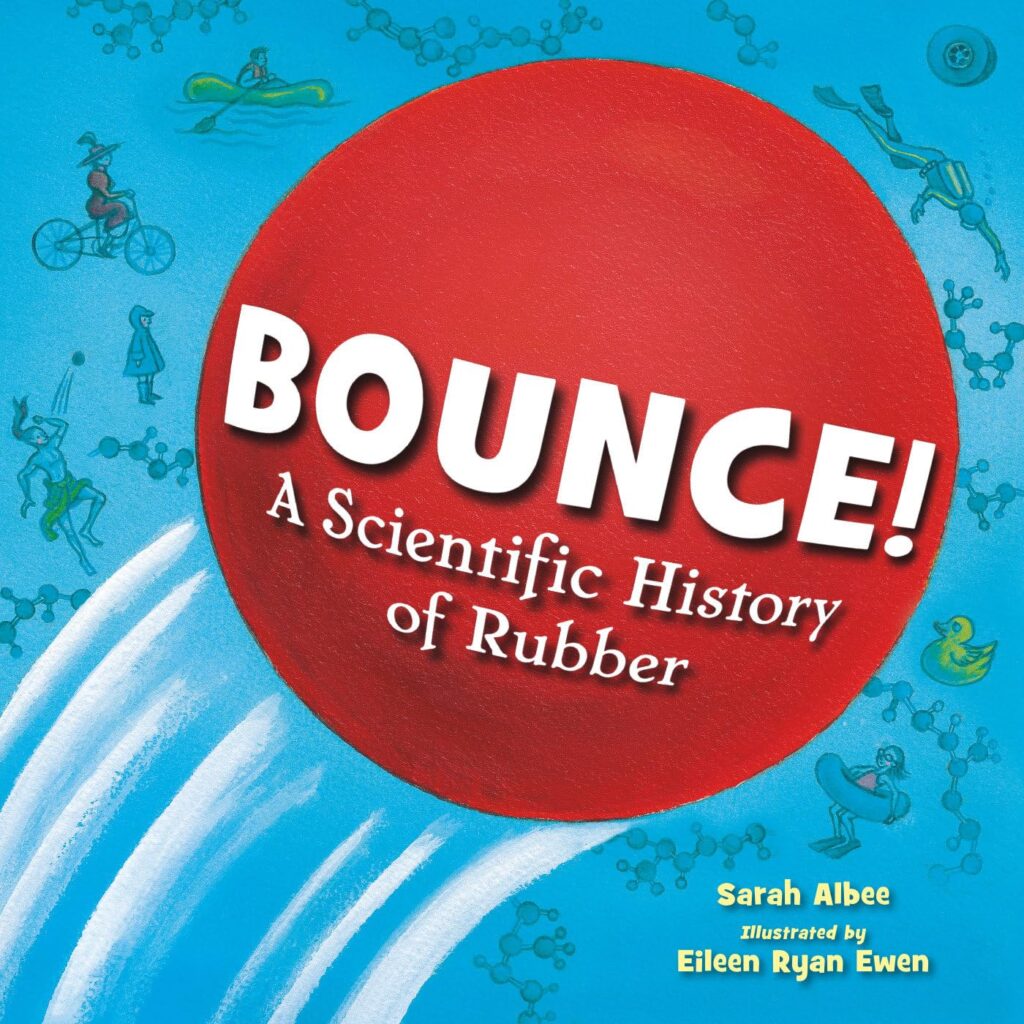
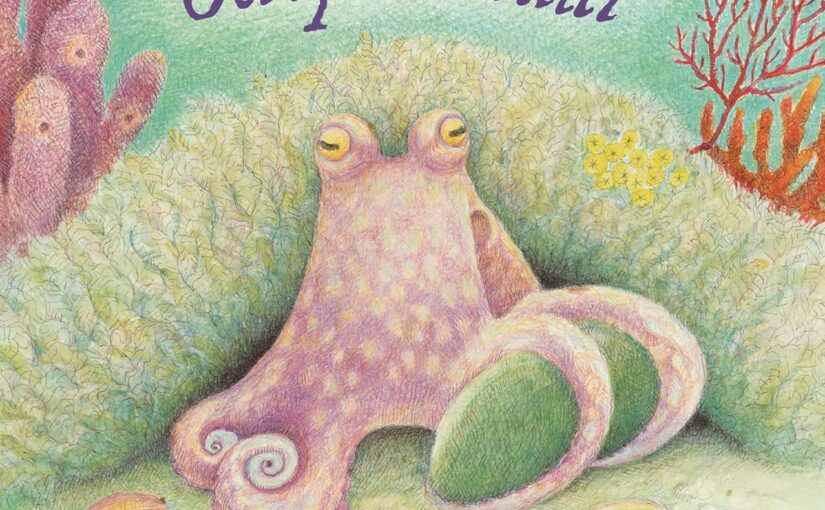
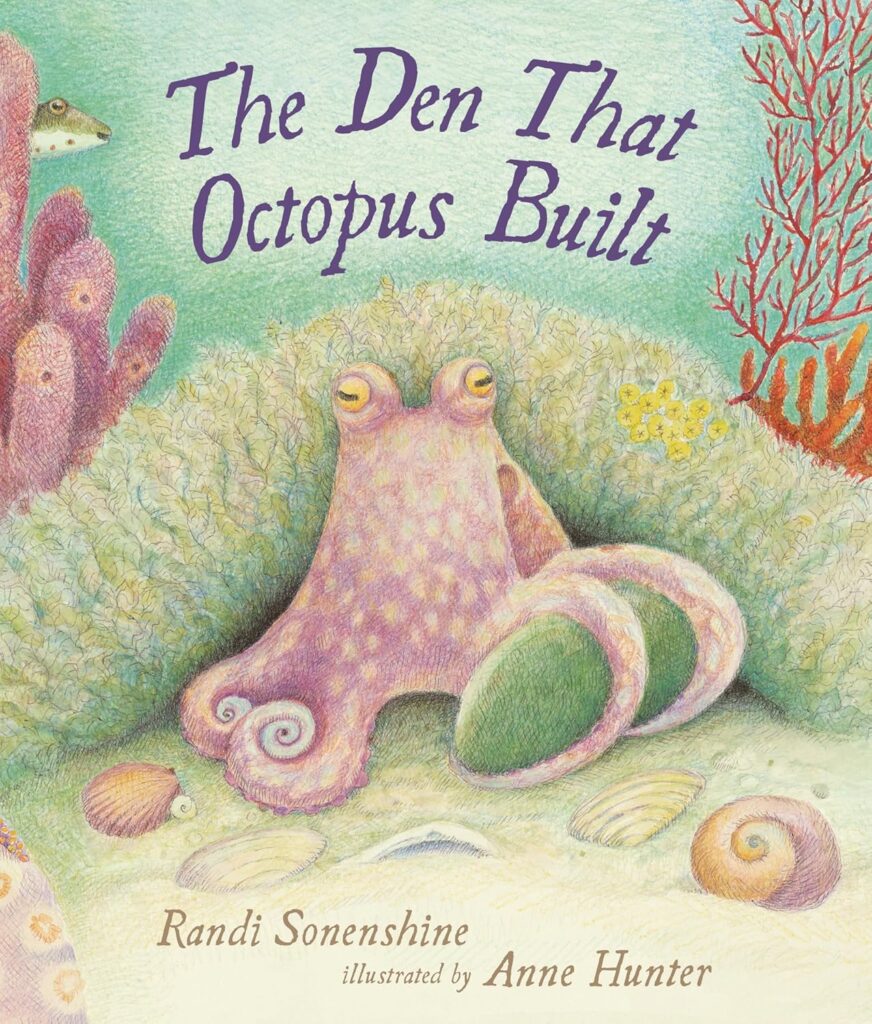


 Facebook
Facebook Twitter
Twitter Flickr
Flickr GooglePlus
GooglePlus Youtube
Youtube